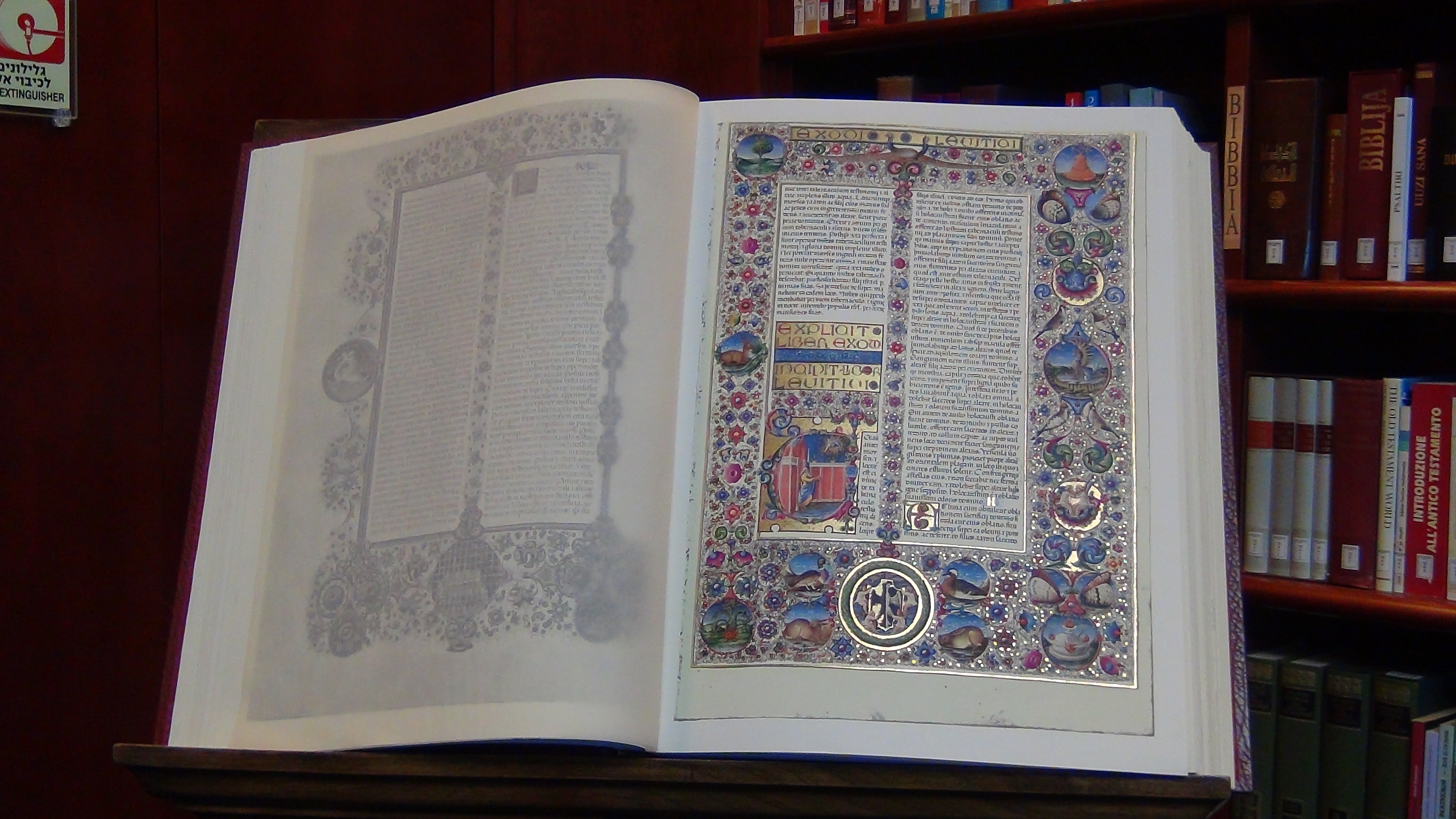Ex. 17:8-13; Ps. 121:1-8; 2 Tim. 3:14-4:2; Lk. 18:1-8
“Proclaim the word; be persistent whether it is convenient or inconvenient”. A man once told me he did not accept scripture as “the word of God”, it was written by men not God. On the other side of this argument are those who say they follow scripture only “sola scriputura” as the only authority of God. It is an interesting paradigm of how humanity can look at the same thing and come up with two very opposing conclusions regarding scripture. Today we are told to “proclaim the word” but which interpretation represents the truth from God?
Today we read “all scripture is inspired by God”. God works through humanity to bring us his salvation. It is the inspired word of God but what about human error, could that have entered into scripture? Some will point to inconsistencies in scripture such as in the genealogy of Jesus. Do we interpret it literally, poetically, allegorically, in the context of history, or perhaps all of the above depending on the intent God has for our understanding. Ultimately “who decides?”. Who decided which books of scripture were to be in the canon of scripture we call the “Bible” and which would be left out? There must be an authority given by God himself to someone among us.
In today’s first reading that someone was Moses through who God gave us the Ten Commandments. The Catholic church in scripture sees Peter as the first Pope, the Holy Father, the Vicar of Christ, the one called to lead his church and bring us his teachings. Jesus himself did not write anything so we rely on God working through humanity to bring us his truth. Thus, for me and my household we follow the unbroken teaching from 2000 years of authority given to the church which determined which books would comprise the “word of God” and how to come to understand the meaning of the “word”. Follow the social science of history from the first apostles to the early church Fathers writings, to the magisterium of the church and there is an infallibility, that is no error in the teaching of faith and morals.
Then there is the other side of the argument “sola scriputura” is the sole infallible source of authority for Christian faith and practice. Give the Bible to ten individuals at random and you will get as many different conclusions of their understanding of faith and practice and each will establish their own interpretation and group of followers, we call today denominations in their multiplicity. Is this what God intended or have we simply found our own way to say there is a God and we have done our own creation of him and his teachings? Scripture itself says, “I praise you for always…following the traditions that I have handed down to you.” (1 Cor. 11:2) But wait is this Paul speaking or is this God speaking through humanity as God’s authority?
Before there was a Canon of scripture, before there were gospels and letters written there was the Old Testament writings which Jesus came to fulfill and the beginning of a new Tradition called “the way” guided by the Holy Spirit from those who were witnesses to Jesus and his teachings. Scripture as the inspired word of God comes through the Tradition of the Church from the early Apostles handed down by authority through the laying of hands to those God has called to teach, to preach, and to lead the flock. Scripture is yesterday’s salvation history for our salvation today and tomorrow’s final destiny. It matters who we follow and trust. As Catholic Christians we trust Jesus and Jesus put his trust in his disciples and in the Church handed down to us through Scripture and Tradition.
In this context we are to “Remain faithful to what you have learned and believed, because you know from whom you learned it, and that from infancy you have known the sacred Scriptures”. This “infancy” is not only our personal childhood but the infancy of the early church we can trace through scripture and the writings of the early Church Fathers. If there any doubt about the Catholic Church, follow the writings of the early Church Fathers and there will be no doubt about the Church Jesus founded. From the “infancy” of the early church there is an unbroken history in the Catholic church “from whom we have learned it” that came before any other denominations ever came to exist.
“All Scripture is inspired by God and is useful for teaching, for refutation, for correction, and for training in righteousness” and we are all to study the scripture to receive inspiration and wisdom from God. Scripture as the word of God provides for personal revelation for our own spiritual development but woe to the one who would claim to lead others as an authority of scripture. Let us trust the wisdom of the ages handed down to us and remain humble in our faith.
Thus, today in Exodus God is working through Moses giving us the teaching of perseverance in our battles of life. In other words, “keep the faith” and “call out to him day and night…he will see to it that justice is done for them speedily.” In God’s time is the perfect time. We also see the humanity of Moses, “Moses’ hands, however grew tired” reminding us it is God working through Moses as he desires to work through our humanity and weakness. Moses is no superhuman, he is old, weak, and needs others to support him but he is faithful. He does what God commands and through him we see the power of God at work. Gut check!
How is the power of God at work in us? In how many ways do we proclaim the word of God? It is done by simple expressions of faith in our normal discussion like “thanks be to God” or “God willing”. It is done when we refer to the parables in scripture as an example being applied to our circumstances in life. It is done when we encounter Christians of other denominations who ask “why do you Catholics baptize children, pray to Mary and the saints, believe in purgatory” or any other act of faith they question and we can give them a clear understanding of our faith. We are to study scripture so we can proclaim the word when someone asks “where is that in the bible?”
Just as importantly we are to proclaim the word in our works of faith, our acts of mercy, and our love of neighbor. Finally, and not least of all we are to proclaim the word by our disposition. Do we reflect the image of Christ as a person of peace, joy, patience, or tranquility, “There goes John, he seems to be so at peace; there goes Mary always with a smile and filled with joy”; or are we quick to be rude, angry, worrisome, complainers making a face not even a mother wants to look at? Are we the person someone want to be around or is someone praying “go away, I have my own problems”?
The greatest gift we can give another is ourselves, so we give ourselves to God but God also reminds us in scripture “what you did to the least you did unto me”. Giving of ourselves to each other in the name of Christ brings him to us “where two or three are gathered in my name, I am there” he proclaims.
So, if we find ourselves in weakness we are to call out to God “My help is from the Lord, who made heaven and earth” and he will be beside us to guard us and lead us “both now and forever”. This is our consolation while we endure and persevere, we are not alone. From the mouth of Jesus to his disciples, and we too are his disciples, “pray always without becoming weary”.





Recent Comments